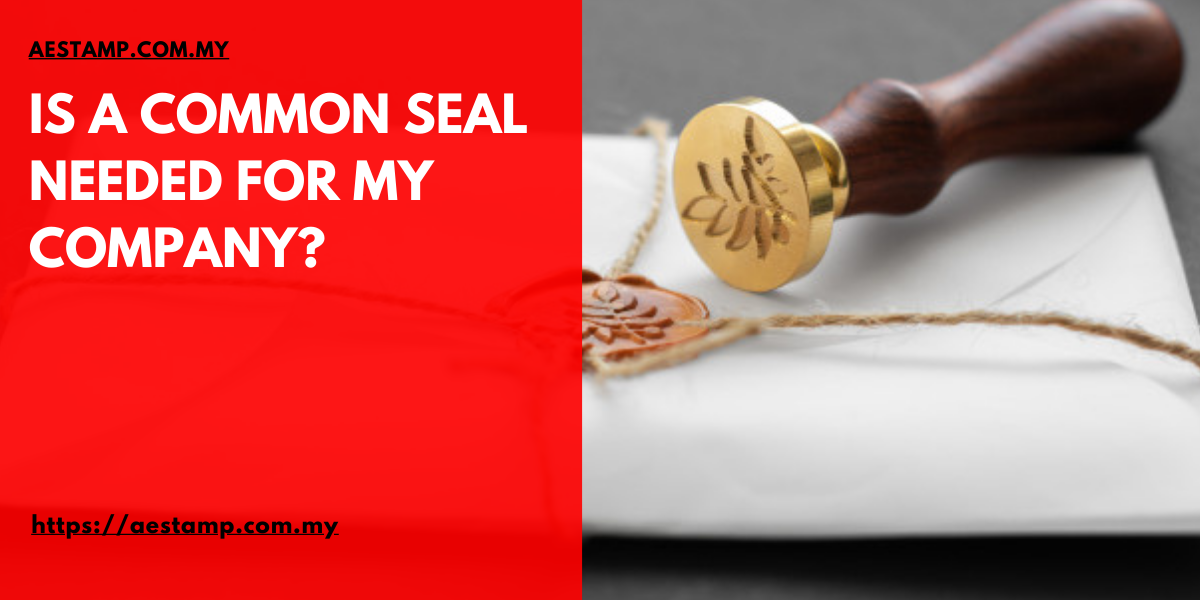A common seal (or company seal) is the legal equivalent of a personal signature for a business. In its physical form, the common seal is a rubber stamp bearing the words “Common Seal” and the name of the country.
When do I employ a Common Seal?
In general, there is no provision for businesses to use a corporate seal when signing papers. However, business seals may be used for a variety of purposes, including:
- Contracts of Importance
- Transfers of real (landed) lands and land contracts
- Mortgages, loan documents, and warranties
- When a third party necessitates its use
What Are the Advantages of Using a Public Seal?
Using a company seal stamp is an easy way to demonstrate that the company is committed to developing a solid, professional brand image. Company seal stamps imply the certificates are genuine and approved by the company, as well as providing continuity, authenticity, and reducing errors.
What Are the Advantages of Avoiding the Use of a Common Seal?
The use of business seals has declined over the years. And for good cause.
That is to say:
- Cost savings for company owners
- Documents are delivered more quickly.
- There is no need to be concerned about the seal’s position.
- There are no annoyances such as ink sheets.
What are the Requirements for Common Seal Execution?
The following individuals must be present to observe the use of the common seal:
- two of the company’s directors; or
- by the company’s one director and one secretary; or
- By that person for a proprietary corporation with a single director/secretary.
It is therefore important to follow the rules of your company’s constitution concerning the use of company seals.
For more information about Common seal Malaysia, please visit https://aestamp.com.my







